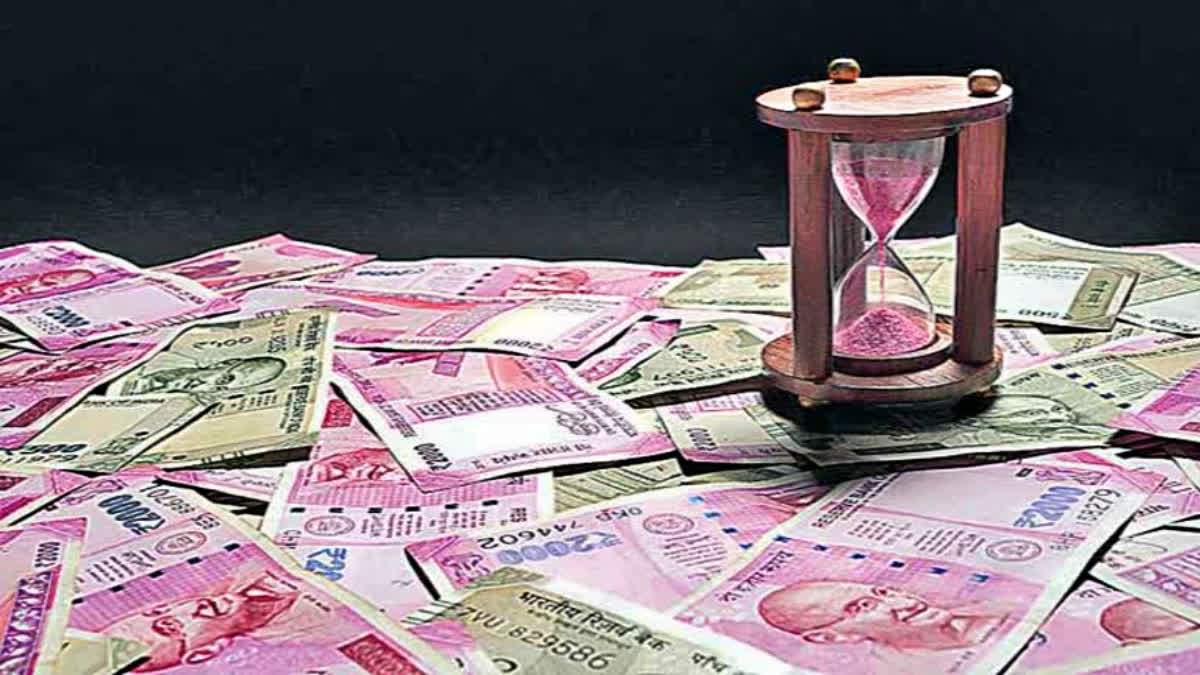New Delhi: The country is observing the 48th anniversary of the imposition of Emergency in India by then Prime Minister Indira Gandhi who had invoked this extra-ordinary provision under the Constitution to continue to be in power despite Allahabad High Court holding her election in 1971 Parliamentary election to be null and void. In its judgement delivered in June 1975, the High Court also barred Indira Gandhi from reelection for six years.
Gandhi decided to impose an Emergency on the country under Article 352 of the Constitution after the Supreme Court upheld the Allahabad High Court’s verdict against her in an appeal filed by her and directed that all the privileges given to her as a Member of Parliament be stopped.
This was not the first time a state of emergency was proclaimed in India by the President under Article 352. In fact, this was the third instance when a national emergency was imposed in the country. A state of national emergency was first declared during 1962 India-China war and a second national emergency was declared during the India-Pakistan war of 1971 which resulted in the creation of a new state Bangladesh.
However, there is another less discussed but equally strong provision for declaring a financial emergency in the country.
Financial Emergency under Article 360
Article 360 of the Constitution says if the President is satisfied that a situation exists whereby the financial stability or credit of India or of any part of its territory is threatened then he may make a Proclamation of Financial Emergency in the country.
Under the same Article, the President of India has the power to revoke the Proclamation of Financial Emergency or can vary it by another Proclamation.
Once a Financial Emergency has been imposed then its Proclamation will be laid before each House of Parliament and it will cease to operate after two months if it is not ratified by both the Houses of Parliament by way of a resolution.
Union can give directions to states during financial emergency
Clause 3 of Article 360 says during the period any such Proclamation of Financial Emergency is in operation, the executive authority of the Union will extend to the giving of directions to any State to observe such canons of financial propriety as may be specified in the directions.
The Union can also give any other financial directions to States as the President may deem necessary and adequate for the purpose.
What will happen to the salary of public servants?
Notwithstanding anything in the Constitution, such direction may include a provision requiring the reduction of salaries and allowances of all or any class of persons serving in connection with the affairs of a State.
Second, the Union may also require that all Money Bills or other Bills to which the provisions of Article 207 apply will be reserved for the consideration of the President after they are passed by the Legislature of the State.
During the operation of a financial emergency in the country, not only can the Union (Central Government) can issue directions to States to reduce the salary of their officers and employees but it can also reduce the salary and allowances of all or any class of persons serving in connection with the affairs of the Union government.
This direction of reducing the salary of any class of persons working for the Union also includes the salary and allowances of the judges of the Supreme Court and the High Courts.
Whether a financial emergency has ever been imposed on India?
Despite several periods of severe financial difficulty such as the financial crisis of 1991 when the country’s forex reserves were reduced to covering the imports for three weeks only, the financial emergency has never been imposed on the country.
Though there was discussion about invoking the financial emergency in the wake of the outbreak of the Covid-19 global pandemic in early 2020 but this provision was not invoked.
Also read: Explained: All you need to know about RBI’s decision on Rs 2,000 note



